 Continued from "10 Ways to Establish Your Company’s Authority and Credibility Online"
Continued from "10 Ways to Establish Your Company’s Authority and Credibility Online"
Why You Should Use Testimonials
There are few forms of marketing communication that are more effective in establishing credibility, building trust and increasing purchase decision confidence than customer testimonials and reviews. By showcasing satisfied customers’ statements on your website, your message becomes more believable. You are really saying, "Don’t take our word for it, take theirs." To demonstrate the power of social proof, Stanley Milgram, a renowned social psychologist, studied the influence of crowds: he arranged for a group of people in the middle of a busy intersection to look up at the top of a tall building where nothing was happening. When there was a single person staring upward, only 4% of people passing would stop and look up, but when there were 15 people gathered, a whopping 40% of passersby would stop to join the group. Similar behavior is witnessed (with social proof) where customers observe the actions of others and then make the same choice. Regardless of what your company sells or does, your prospective customers will seek validation. Recent studies show that nearly 7 out of 10 consumers will check online reviews before buying. Having unbiased and authentic testimonials throughout your website, especially on pages featuring your product line or services, is a great way to reinforce your customers’ decision to purchase. In the words of Facebook Chairman, CEO and Founder Mark Zuckerberg: 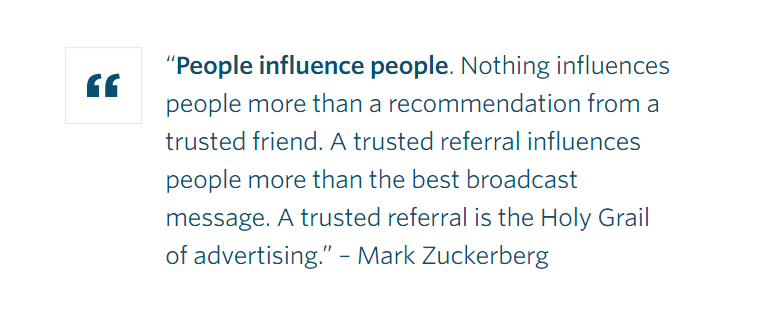
Tip 1. Be Specific in Your Testimonials
Only use authentic testimonials written by your legitimate, satisfied customers. Although it might be tempting to write testimonials for your customers, most people can detect fake or insincere endorsements. Also, avoid generic phrases like "best", "satisfied" and "met expectations." Instead, ask your customers to talk about specific results, such as "21% increase in sales," "10% satisfaction rate," "50% in savings," etc. If you cater to multiple verticals, consider tailoring testimonials to different audiences. Here's a good example using business specifics in a customer testimonial:
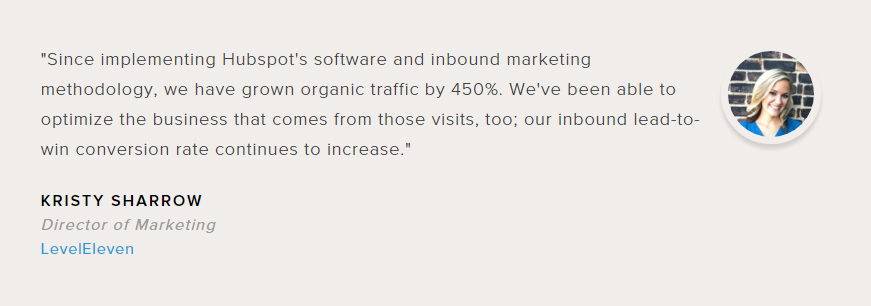
Tip 2. Seek out Big Names for Recommendations
Some of the most compelling testimonials associate your company with a well-known person or brand. A testimonial from John Doe at ABC Company may not resonate with your audience. Everyone wants to see a recognizable name, which is why companies pay big bucks to get celebrity endorsements. If you don't have big brands as your clients, consider offering your products or services at no charge (or a substantial discount) in exchange for a testimonial. Here's an example of a featured endorsement from Beth Comstock, Chief Marketing Officer at GE:
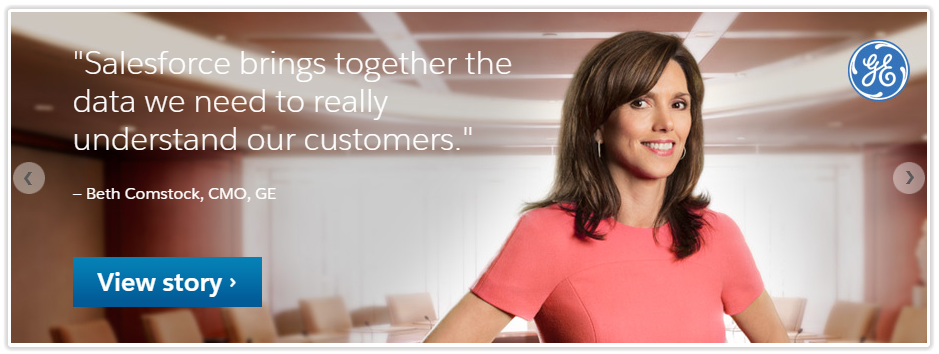
Tip 3. Use Video Testimonials
You can also get creative with your testimonials--they don't always have to be written. Video testimonials, like the one below, can be a nice way to add interest to your website:
Tip 4. Highlight Testimonials from Social Media
Don't forget about social testimonials! Use customer endorsements from social media to showcase your latest reviews:
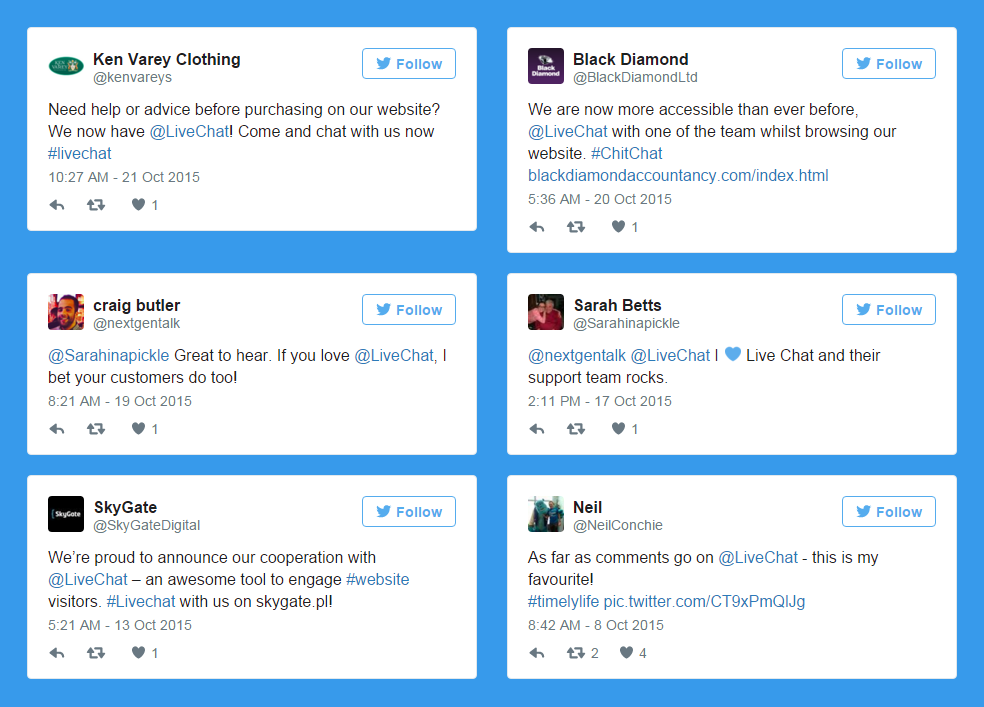
Tip 5. Don't Dismiss Negative Reviews
If you have a consumer product or service, pay close attention to reviews on Yelp and Google+. Make an effort to respond to all reviews, especially negative ones. Responding to a negative review shows that you actually care about the customer experience and are willing to take steps to improve a process or resolve the matter with the customer--and that can be a testimonial in itself:
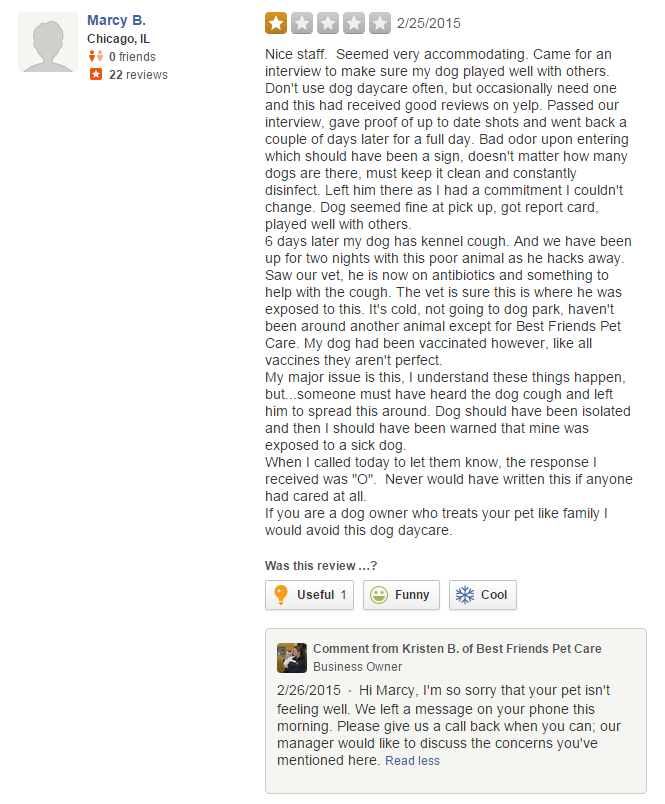
By using these strategies, you can make a great impression on your website visitors and move them closer to converting on your website.



